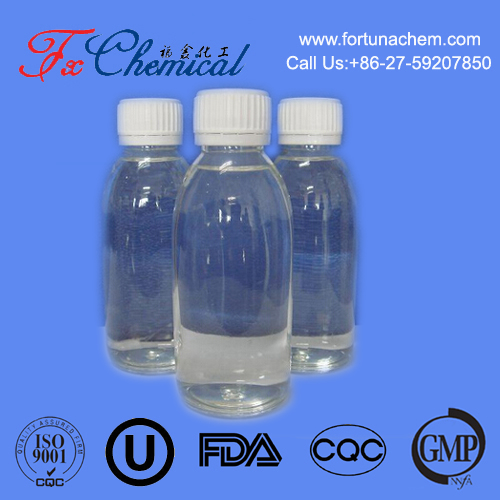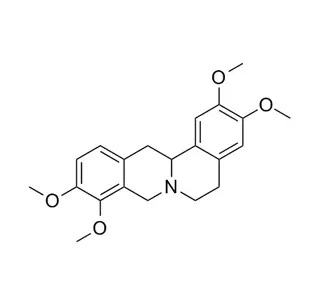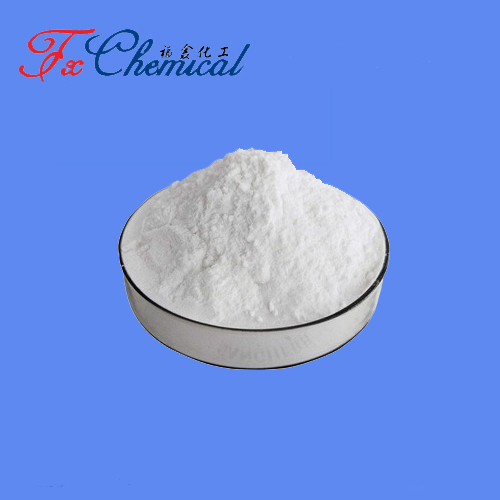
Search

Search

Antioxidants, plant extracts, enzyme preparations, probiotics, and antimicrobial peptides have become the main force in antibacterial feed and aquaculture. What are their respective characteristics?
Antioxidants are common feed additives and are widely used in feed or drinking water. Currently, composite acids are mainly used as feed additive antioxidants, including formic acid, acetic acid, propionic acid, butyric acid, citric acid, magnolol acid, lactic acid, benzoic acid and its salts, and some are mixed with appropriate amounts of malic acid, succinic acid, citric acid, and inorganic acid phosphoric acid to form a mixed form. Composite acid additives overcome the shortcomings of single acid additives, such as single function, large amount of addition, strong corrosiveness, and poor palatability. They have greater advantages.
Plant extracts come from plants and contain one or more bioactive substances with biological functions. They can not only prevent diseases, improve intestinal flora, and promote growth, but also have the advantages of safety, efficiency, and naturalness. Plant extracts enhance the defense function of the intestinal epithelium and maintain the balance of intestinal flora, significantly reducing the death rate of livestock and poultry. They can resist diarrhea caused by pathogenic microorganisms, but cannot directly suppress pathogenic microorganisms. Thymol and carvacrol in plant extracts can affect the permeability of the intestinal mucosa and accelerate the growth and renewal of epithelial cells on the surface of intestinal villi, reducing the infection of pathogenic bacteria.
Golden fruit essential oil, a feed additive, has been scientifically proven to contain thymol and carvacrol. Among them, the content of thymol + carvacrol ≥ 5% can effectively play antimicrobial, anti-inflammatory, and antioxidant roles in livestock and poultry.
Enzyme preparations in feed are feed additives added to animal diets. They can not only improve the digestion and absorption of nutrients and reduce the level of anti-nutritional factors, but also produce enzyme preparations with special functional components for animals by metabolizing nutrients. Enzyme preparations mainly include degradation enzymes, hydrolysis enzymes, decomposition enzymes, single enzymes, composite enzymes, and combination enzymes.
Probiotics are microbial strains that are beneficial to maintaining the balance of the animal microbiome, and are made by special processes such as fermentation. They are also called "microbial feed additives" or "directly fed microorganisms".
Antimicrobial peptides are a class of polypeptides encoded by genes and synthesized by ribosomes in organisms, and are an important component of the innate immune response. Antimicrobial peptides have broad-spectrum activity against bacteria, fungi, viruses, and parasites. Feed additive antimicrobial peptides have broad-spectrum antibacterial activity, but different antimicrobial peptides have different antibacterial characteristics.

Quick Links
Add:
E-mail:
 English
English  Español
Español  français
français  العربية
العربية 


